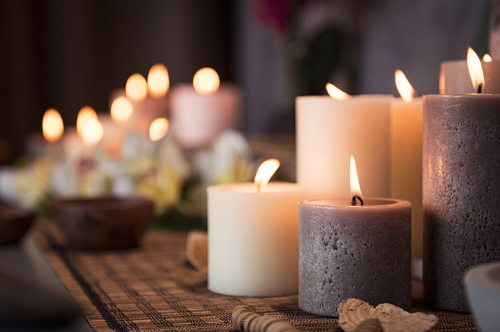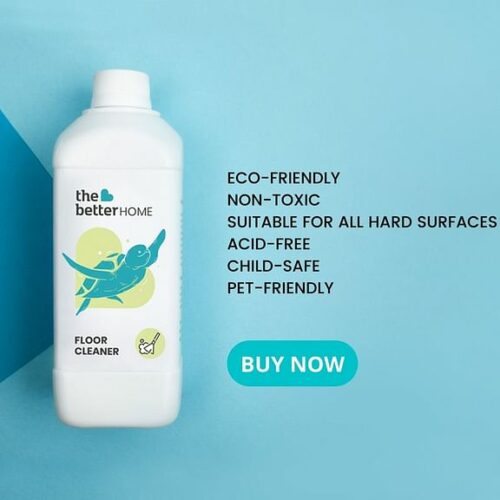Are the Invisible Pollutants in Your Home Harming Your Health?
Home cleaners and scented consumer products release harmful chemicals that pollute indoor air and cause a number of adverse health impacts.

Most of the products we use at home are silent and persistent polluters of indoor air quality. From the home cleaners we use daily to the paints and varnishes coating our furniture, studies show that many of the items in our homes release a high quantity of volatile organic compounds that remain locked indoors. These particles continue to be suspended in the air long after the cleaning is complete and the bottle closed and locked away. Not just are VOCs harmful to health, they blend into the atmosphere where they react with other household chemicals and cooking fumes to form new mixtures. One such example of a toxin produced when VOCs from household cleaners and consumer goods react with indoor air is formaldehyde.
Exposure to these microscopic particles and to gases such as formaldehyde have been linked to a number of adverse effects on human health – from irritation of eyes and airways to more serious lung ailments like asthma.
Among the biggest contributors to indoor air pollution are fragranced products including scented candles, deodorants, home cleaning products and air fresheners. A staggering number of synthetic chemicals is used to lend consumer products their perfume. About 80-90 per cent of these substances are hydrocarbons that are not themselves harmful. But the VOCs they emit when they react with indoor air are a cause for concern.
The two most common scents in household cleaners, detergents and air fresheners are citrus (derived from limonene) and pine (derived from alpha-pinene). Both limonene and alpha-pinene belong to a class of chemicals called terpenes which react with indoor air to produce formaldehyde. Other VOCs present in our homes include benzene, toluene and a dozen others that are known for their potential impact on human health.
We expose ourselves to VOCs in a number of ways. We absorb them through our skin when we use scented detergents on our laundry or spray deodorants and perfumes on our bodies; we breathe them in when we clean our homes and even ingest them through the residue left behind by our dish soap. Risk of exposure varies with the amount of time spent indoors, degree of ventilation and airflow of the home, proximity to and time spent using scented products. Fragrance-related allergies and ailments are highest among professional cleaners and those regularly exposed to scented products.
Primary exposure to fragrances takes place when we intentionally use scented products, but we are also vulnerable to secondhand or involuntary exposure when we are in environments such as workplaces, restrooms, malls, airports and public transport.
Nowadays, as we are all spending up to 90 per cent of our time at home, we can limit our exposure to fragrance-related illnesses by improving the natural ventilation and airflow in our homes by throwing open windows and doors. Avoid scented products such as floor cleaners and detergents and switch over to fragrance-free or unscented alternatives. The Better Home cleaners use mild, water-soluble scents that are suitable for people with fragrance allergies. They are hypo-allergenic and do not aggravate any known existing fragrance-related allergies.
Scented candles, incense and room fresheners are best avoided, especially in enclosed spaces where they remain trapped not just in the air inside, but also in upholstery and furnishings such as carpets and curtains.
When using paint, varnish, aerosols and pesticides, keep windows open so that fresh, clean air enters the room.
A number of species of indoor plants are known to improve air quality by absorbing the VOCs, including benzene and formaldehyde, released by common household products. So place a few of them around your home and breathe in the clean air.
If you found our stories insightful, informative, or even just enjoyable, we invite you to consider making a voluntary payment to support the work we do at The Better India. Your contribution helps us continue producing quality content that educates, inspires, and drives positive change.
Choose one of the payment options below for your contribution-
By paying for the stories you value, you directly contribute to sustaining our efforts focused on making a difference in the world. Together, let’s ensure that impactful stories continue to be told and shared, enriching lives and communities alike.
Thank you for your support. Here are some frequently asked questions you might find helpful to know why you are contributing?


This story made me
-
97
-
121
-
89
-
167














